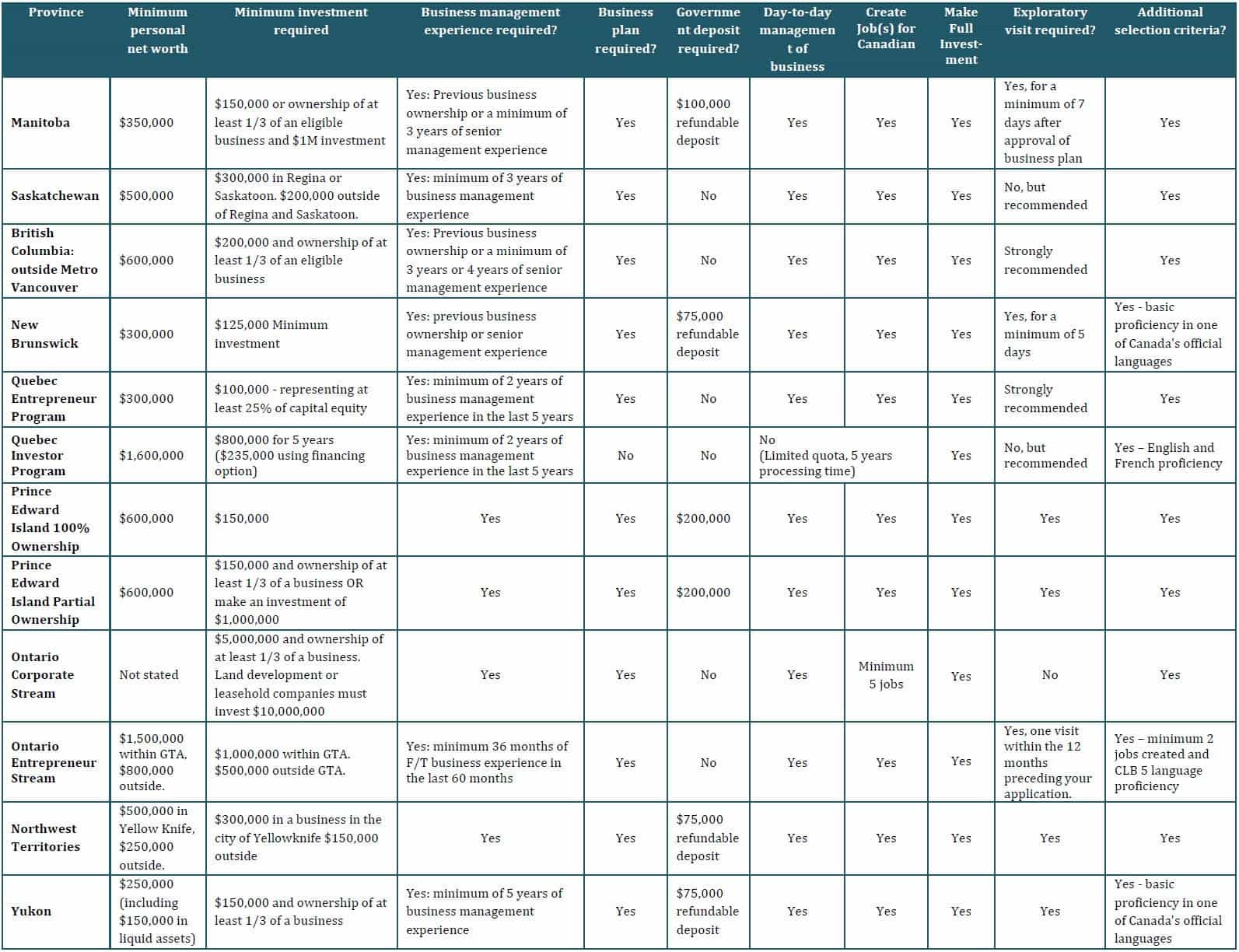Canada to support internationally educated health professionals
CIC News > Latest News > > Canada to support internationally educated health professionals Canada is pledging $1.5 million to remove barriers on immigrants who want to work in health care.
The parliamentary secretary to Immigration Minister Sean Fraser announced nearly $1.5 million in funding to help newcomers work in the Canadian health sector faster.
The funds are intended to promote collaboration and information sharing in the health sector. Specifically, to help internationally educated health care professionals get their credentials recognized faster.
The project builds on the success of the National Newcomer Navigation Network (N4), an online platform for foreign health care professionals who wish to work in Canada. N4 was launched in 2019 by the Children’s Hospital of Eastern Ontario’s (CHEO).
Discover if You Are Eligible for Canadian Immigration
“CHEO has a proven track record of ensuring health and social service sector professionals have the knowledge and tools they need to provide equitable care and services to newcomers,” said Marie-France Lalonde, Parliamentary Secretary to the immigration minister. “We are pleased to continue working with the National Newcomer Navigation Network to support health care professionals educated abroad in securing jobs in Canada’s health care sector. These services will help more newcomers succeed, while also helping to build a better future for all Canadians”.
In addition to helping internationally educated health care professionals work in Canada, the funds will enable N4 to serve as a platform where newcomers can find information on foreign qualification and credential recognition in all provinces and territories outside Quebec.
“Newcomers are an integral part of our communities,” said Alex Munter, CEO and President of CHEO. “Their full inclusion in our health-care workforce will help us address staffing shortages, while also incorporating richly diverse voices of lived experience and better supporting other newcomers.”
This funding comes from a dedicated stream within Immigration, Refugees and Citizenship Canada’s Settlement Program, which invests in projects that support future settlement programming. IRCC has allocated a total of nearly $1.02 billion in settlement services in 2022-2023, an increase of about 11% from 2021-2022, according to public records obtained by CIC News.
Canada is facing a tight labour market, especially in the health sector. Statistic Canada recently reported record levels of job vacancies in health care and social assistance. In March, out of more than 1 million job vacancies, health care and social assistance employers were seeking to fill 154,500 vacancies.
Express Entry programs for health care professionals
Health care professionals may be eligible for the Federal Skilled Worker Program (FSWP) and the Canadian Experience Class (CEC). These two federal immigration programs are managed by the Express Entry system.
Express Entry is an online system that manages immigration applications for the federal government. It uses the Comprehensive Ranking System (CRS) to rank eligible candidates on their skilled work experience, age, education, and official language ability, among other factors. The highest-scoring candidates get invited to apply for permanent residence in bi-weekly Express Entry draws.
Although draws for CEC and FSWP candidates have been paused during the pandemic, Minister Fraser previously announced that these draws would resume in early July. The minister also said the processing standard for new Express Entry applicants would return to six months.
PNP for health care professionals
Although IRCC gets the final say on who can immigrate to Canada, the provinces can nominate eligible candidates through the Provincial Nominee Program (PNP). Some PNPs are dedicated specifically for health care professionals, while others have more general work experience requirements but may hold immigration nomination draws targeting candidates in the sector.
Multiple provinces have more than one program that welcomes health care professionals. Sometimes PNPs draw candidates from the Express Entry system and invite them to apply for a provincial nomination. If these candidates are nominated, they get 600 CRS points added to their Express Entry score. This award is more than enough to allow the candidate to be invited to apply for permanent residence.
Here are some of the PNP pathways for health care professionals:
Ontario invites health care professionals to apply through its Human Capital Priorities Stream.
British Columbia offers a Health Care Professional category under its Skills Immigration and Express Entry pathways.
Saskatchewan has recently launched an International Health Worker EOI pool specifically for health care professionals.
Nova Scotia’s Labour Market Priorities Stream occasionally holds draws inviting health care professionals to apply for a provincial nomination.
New Brunswick’s Internationally Educated Nurses (IEN) program is a pathway for foreign nurses who can speak English or French.
To find more, CanadaVisa offers a PNP finder to help people match with the best PNP for their Canadian immigration journey.
Quebec
Quebec operates its own immigration system. Certain programs like the PNP and Express Entry are not available in Quebec.
Quebec offers its Regular Skilled Worker Program and the Quebec Experience Program. Health care professionals may be eligible for either of these programs. Both of these programs require candidates to have a working knowledge of the French language.
Caregiver pilot programs
Caregivers may be able to apply for permanent residence through the Home Child Care Provider Pilot or Home Support Worker Pilot if they have a job offer to work in one of the two eligible occupations, and meet the other eligibility criteria. Work experience must fall under National Occupational Classification (NOC) codes 4411 or 4412.
Through these pilots, candidates can get an open work permit to come to Canada and work temporarily.
To become eligible for permanent residence, candidates need at least 24 months of full-time work experience in the 36 months before applying. They also need language test results showing a Canadian Language Benchmark (CLB) of 5 or more, and one year of post-secondary education. As with all permanent residency applicants, they will also need to pass admissibility checks.
Discover if You Are Eligible for Canadian Immigration
© CIC News All Rights Reserved. Visit CanadaVisa.com to discover your Canadian immigration options.















